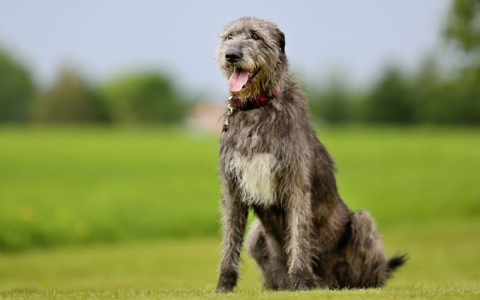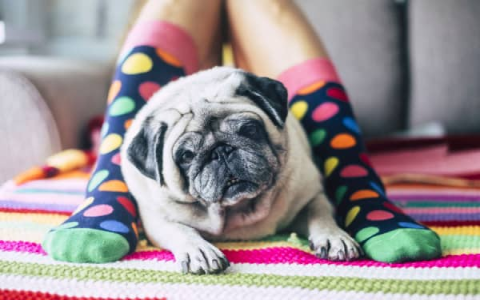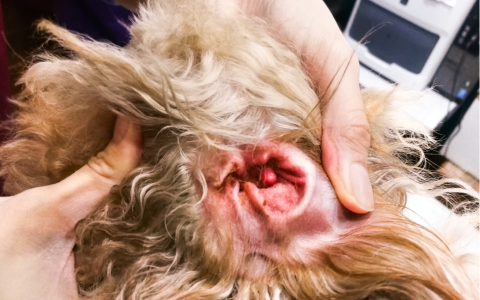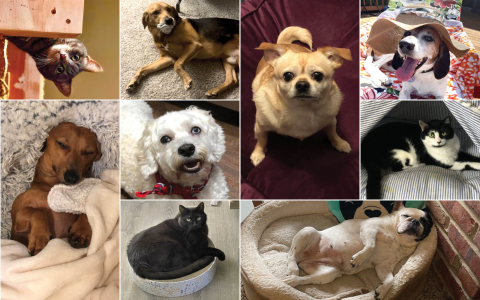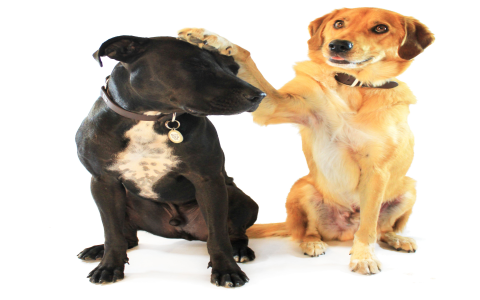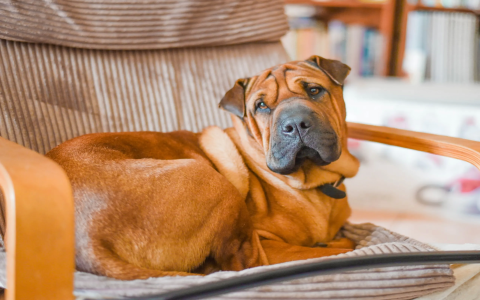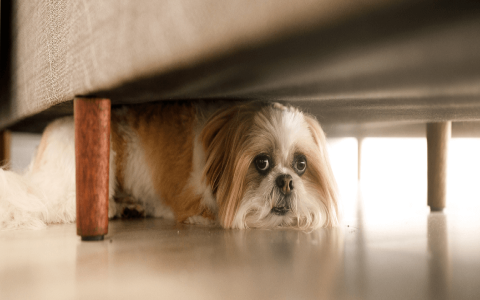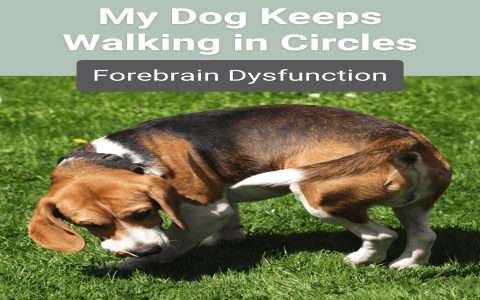Why is my dog heavy panting at night? Explore possible health issues causing discomfort.
Okay, let me walk you through what happened when my dog started panting really heavily at night. It was quite worrying, and figuring it out was a bit of a process.

Noticing the Problem
It started subtly. I'd wake up in the middle of the night and hear my dog, Buster, panting. Not just the normal little pants after a dream, but proper heavy breathing, like he'd just been running. At first, I thought maybe he was just hot. Our bedroom can get a bit stuffy.
So, the first few nights, I just made sure the window was open wider and his water bowl was full before we went to bed. Didn't seem to make a huge difference, though. He'd still wake me up with this loud panting.
Closer Observation
I started paying more attention. Was he restless? Did he seem anxious? Was he uncomfortable? He wasn't pacing or whining, mostly just lying in his bed, but panting hard. Sometimes he'd shift positions a lot, like he couldn't get comfortable. This went on for maybe a week. I checked the room temperature consistently, tried running a fan – nothing really stopped it completely. He seemed fine during the day, energetic on walks, eating normally. It was just this nighttime panting that was throwing me off.
Trying Simple Fixes
Like I said, I tried cooling the room down first. Made sure he had plenty of water. I even tried moving his bed to a different spot, thinking maybe there was a draft or something bothering him. I gave him extra cuddles before bed, thinking maybe it was separation anxiety, even though I was right there. None of these home remedies really nailed it. The panting continued, maybe slightly less on cooler nights, but it was definitely still happening more than it should.
Deciding to See the Vet
After about ten days of this, I decided it wasn't normal and wasn't getting better on its own. You read things online, and your mind goes to worst-case scenarios – heart problems, breathing issues, pain. It just felt like something was genuinely bothering him, even if he acted fine during the day. I couldn't just ignore it. So, I booked an appointment with our vet.
The Vet Visit and Diagnosis
I explained everything to the vet – when it started, what it sounded like, what I'd already tried. She gave Buster a thorough check-up. Listened to his heart and lungs very carefully, checked his temperature, felt his belly, looked at his gums. She asked a lot of questions about his diet, exercise, any changes in behavior, any coughing or sneezing (which he didn't have).
Thankfully, his heart and lungs sounded clear. Based on his age (he's getting on a bit) and the fact it happened mainly when he was resting at night, she suspected it might be related to discomfort or mild pain, possibly early arthritis making it hard for him to lie comfortably for long stretches. Another possibility she mentioned was mild anxiety, which can sometimes manifest more at night when things are quiet.
Here’s what we figured out together:
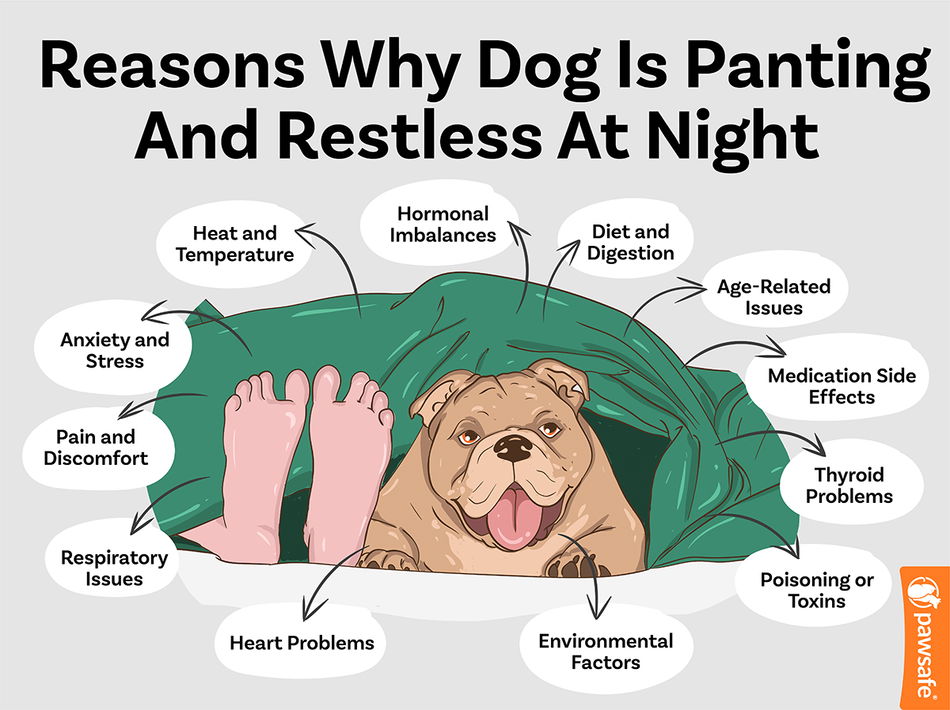
- It wasn't just being hot, although that could make it worse.
- His heart and lungs seemed okay for now, which was a huge relief.
- Discomfort, likely from his joints, was the most probable cause.
- Underlying anxiety couldn't be totally ruled out.
What We Did Next
The vet suggested a couple of things. First, we got Buster a new orthopedic dog bed, one that offered more support for his joints. Second, she recommended starting him on a joint supplement chew, something simple to support cartilage health. She also suggested keeping a regular, calm bedtime routine to help with any potential anxiety. No medication was needed at this stage, just these management changes.
The Outcome
We implemented the changes right away. The new bed seemed to be a hit; he looked more settled on it. We started the joint supplements religiously. It wasn't an overnight miracle, but within about two or three weeks, I noticed a significant difference. The heavy nighttime panting became much less frequent and less intense. He still pants a bit if the room gets genuinely warm, but that desperate, worrying panting has largely stopped. He seems to sleep more soundly through the night now.
It was such a relief to figure out what was likely bothering him and find a relatively simple solution. It really reinforced for me that even if symptoms seem minor or only happen at certain times, it's always worth observing closely and getting a professional opinion if things don't feel right. Our pets can't tell us what's wrong, so we have to be their advocates.
